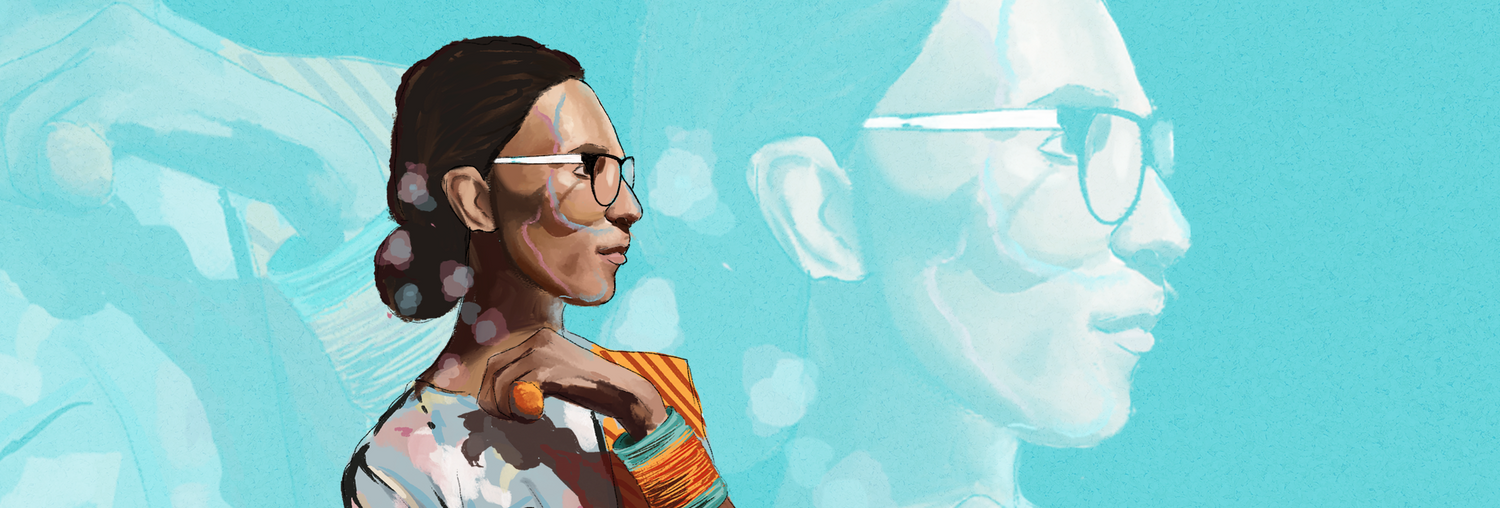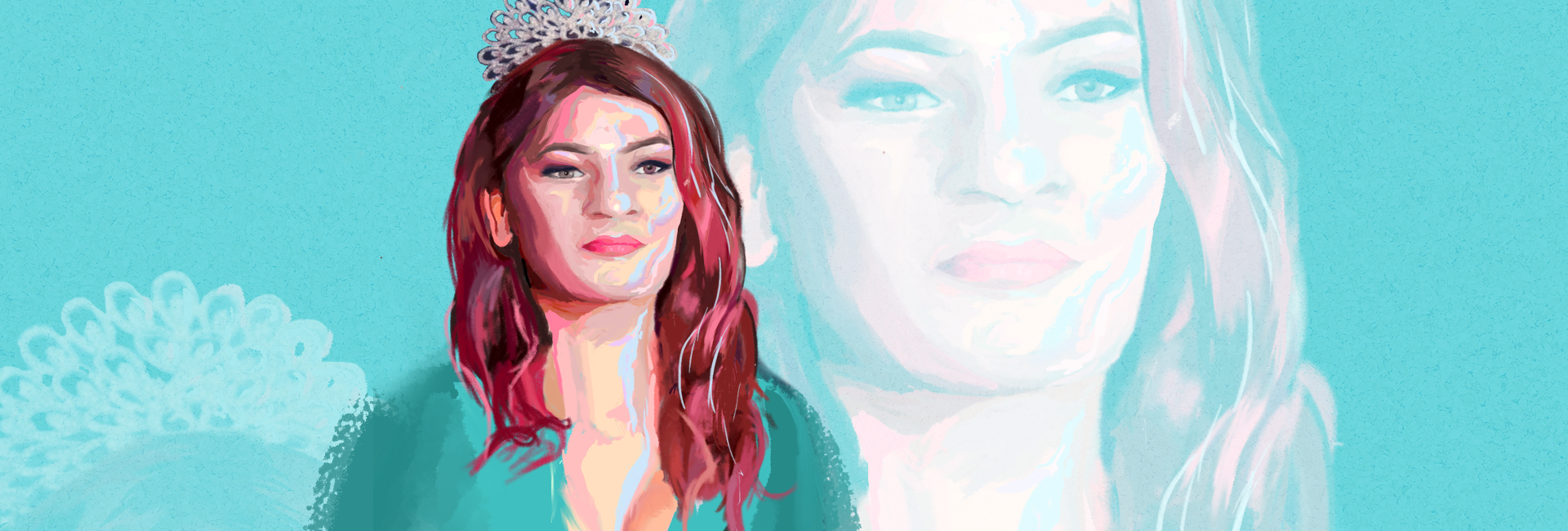This article is part of a series on queer and transgender individuals living in India. Pee Safe as recently reached out to multiple such people in order to get deeper insight into their lives and experiences as part of the LGBTQ+ community. This feature is on Vikramaditya Sahai (they/them), a queer activist and part of the Gender Studies faculty at Ambedkar University, Delhi. They are also known by their social media handle, @vqueer.
Sahai had once mentioned in an earlier interview,
“Gender isn’t something you give yourself, it’s something others give to you.”
Sahai explained how, as soon as you’re born, the first question anyone asks is “Kya hua hai?” or even “What is it?”. Even in terms of the language used to ask the question, whether it’s English or Hindi, the person was previously an ‘it’. Until the doctor assigns you a gender at birth, you remain an object. “Thus,” he added, “we become human only when we enter gender.”
“This gender is decided by a third-party, an ‘expert’ of sorts. The beginning of gender is a violation of a person’s autonomy to say who they are. It’s the most non-consensual agreement anyone enters, and all our lives thereafter we continue to remain in this non-consensual relationship with ourselves. Even from the start, gender is about what other people treat you as.” They laughed, “you know, ‘Call me by your name’”, referencing the acclaimed gay romance movie.
They continued, “Thereafter, even though we may want to part away from gender, the world will negotiate with us on the basis of what it assumes our gender to be. For instance, I may break ‘gender norms’ by thinking I am a woman. But unless the world sees me as a woman, too, it won’t treat me as one. Unless it respects me as one, it won’t let me live as one. And until it assumes me to be a woman, it won’t even violate me as one. Even violation will happen on the basis of what my assumed gender is.”
Sahai pointed out how the policing of bodies becomes stricter and stricter when intersex people are brought into the conversation. Intersex people are born with sex characteristics that do not fit typical notions of male or female bodies. Although intersexuality is a biological phenomenon, the social notions of gender are thrust upon this, too. They said, “This becomes even more aggravated when we think of intersex people, and how gender involves a kind of normalised violence on their body. Young infants will be operated upon, and hormones given to them, so that they can be made to fit into the gender binary. However, this isn’t just about them. All of us were told that this is who we are, and we think that freedom involves living under the constraint of gender.”
In these times of fake news and misinformation, which often lead to ignorance and bigotry, I asked Sahai whether there was anything they’d like to tell transphobic/homophobic people that might make them more accepting. Their answer surprised me. “No.”
My confused pause prompted them to explain that you can be completely aware and completely phobic. They continued, “Access to information doesn’t change behaviour, because people have deep-set psychic investments. For instance, you may be completely well-read on gender issues and still cross out trans women on Tinder because you don’t consider them real women. Because your own sexuality is involved, and now it’s about desire. Nobody needs to become aware of anything other than what they already know. The conversation is about our own psychic investments and their ties to gender.”
Sahai holds that we hold onto these absolute categories of men and women because we don’t know what we will be when we depart from the norm. “We tend to manufacture a stereotype of ourselves and continue to stick with it. It’s like when you’re at a restaurant and you say that you don’t eat meat. You have not eaten meat until now, but why is it tied to the future present continuous of your life?”
“I don’t want everybody to have a mental breakdown; we have to realise how hard the work of building ourselves is. What are the stakes when we give up one idea in our own full consent? Who should we ask to enter a mental breakdown consensually? To want it and desire it? One way to do this is to enter a movement, to live through the movement and allow the movement to live through you.”
Also Read : A BROAD SPECTRUM OF COLOURS - REDEFINING GENDER 🌈
-
✍️ This article was curated by Devyani Sarin


































